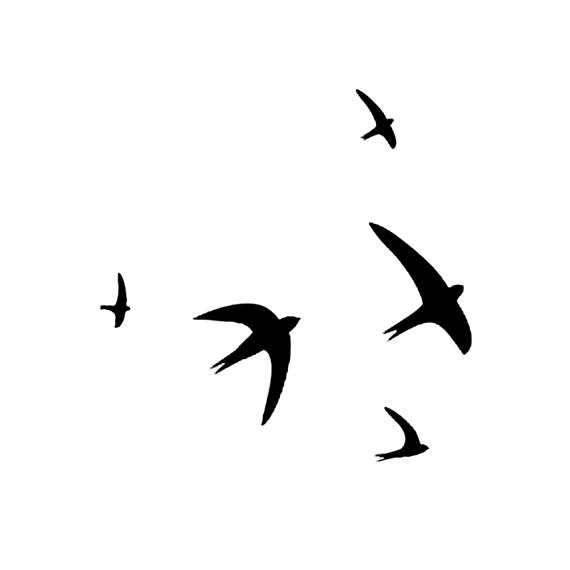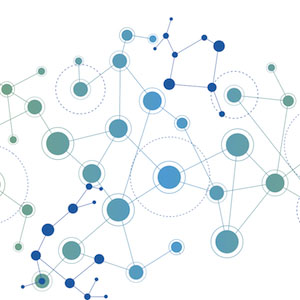Welcome to the Tobias lab at Imperial College London. We study how species evolve, interact, and regulate ecosystem function. Our mission is to find solutions for major challenges facing humanity – from biodiversity conservation to food security –.
-
Populations
We study a wide array of factors influencing variation in populations of organisms, with a focus on speciation and trait diversification.
-
Interactions
A key goal of our research is to understand how interactions among species drive evolution and determine the structure and functioning of ecological communities.
-
Ecosystems
We apply insights from biodiversity science to understand and predict the responses of ecosystems to environmental change and to help develop strategies for conservation and sustainable development.
Latest news
-

July 2024 – In a collaborative study led by Lucas Martins and Jason Tylianakis (University of Canterbury, New Zealand), we used AVONET trait data to show that frugivorous birds have narrower and more optimized niches towards the edge of their geographical ranges. This result, published in Science, has implications for understanding the role of birds in seed dispersal, and the use of traits as metrics of trophic interactions. Read paper | Read overview
-

May 2024 – New family-level bird tree tree published in Nature! Along with the rest of the B10K team, we published the results of phylogenomic analyses, based on genomes sequenced from museum specimens of almost all bird families. These analyses help to clarify the early history of the avian radiation – apart from the enigmatic Hoatzin – and align more closely with trait evolution than previous trees. Read paper
-
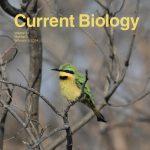
February 2024 – On the cover: a longterm collaboration with Jonathan Drury (Durham) and Helene Morlon (CNRS Paris) published in Current Biology. Global analyses using AVONET bird trait data show that species co-occurrence and interspecific competition drive widespread slowdowns in phenotypic evolution, but that these are effects are pervasive across latitudes rather than accentuated in tropical systems as many have proposed. Read paper
-
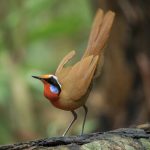
May 2023 – Tom Weeks published his first PhD thesis chapter in Nature Ecology & Evolution: a global analysis combining field survey data from forest fragments and morphological measurements from the AVONET database showing that dispersal ability shaped by climatic seasonality is a key factor determining bird species responses to habitat change, outweighing effects of latitude, historical disturbance and diet. Read paper | Read overview
-
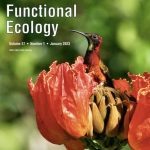
January 2023 – We joined forces with Matthias Schleuning and Daniel Garcia to edit a special issue of Functional Ecology focused on animal functional traits. Now published, this contains articles on a range of systems from springtails to crocodiles, along with our editorial summarising current progress and future priorities in trait-based ecology. Read editorial
-
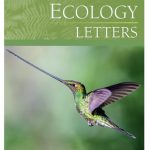
March 2022 – The AVONET bird trait dataset, based largely on collections of 71 museums, is released in Open Access form as the flagship paper in a special issue of Ecology Letters. AVONET contains measurements of over 90,000 individual birds from >99% of the world’s species, along with information on their ecology, life history and biogeography. The rest of the issue showcases current uses of the data in studies of macroevolution, macroecology and conservation biology. Read paper | Read editorial
